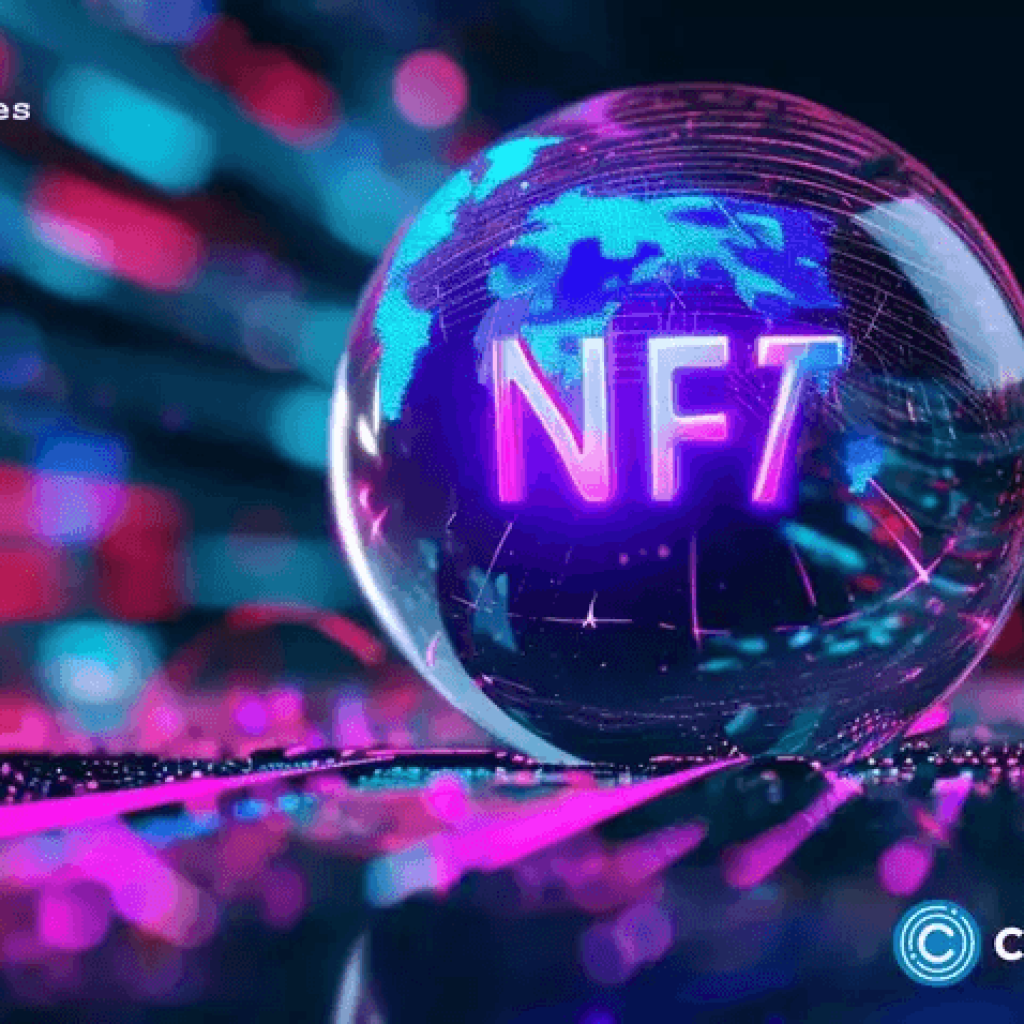In a recent turn of events that has left the crypto community buzzing, a trader named Hanwe Chang has reportedly outsmarted a bot, earning a staggering 800 Ethereum, equivalent to $1.5 million. The incident occurred on the NFT marketplace Blur, where Chang noticed a bot mimicking his bids and decided to use this to his advantage.
The Art of Outsmarting a Bot
Hanwe Chang, a prolific trader in the NFT marketplace, noticed that a bot copied his bids on Blur. Seeing an opportunity, he decided to trick the bot, leading to a significant profit. “I noticed that someone’s bot was copying my bids on Blur, so I decided to trick him,” Chang said on Twitter, revealing the strategy that netted him close to $1.5 million.
Blur, a relative newcomer compared to NFT marketplaces like OpenSea and SuperRare, has seen a surge in trading volume this year due to its gamified incentives. These incentives reward users with tokens based on their trading activity, including bidding on NFTs by trait, a practice in which Chang has become well-established.
The Strategy and Its Execution
The strategy involved a series of transactions involving Azuki NFTs. On a particular Saturday, 12 Azuki NFTs that shared the specific background colour “Off White A” were sold simultaneously for 50 Ethereum each, worth $91,500. The previous Azuki NFT with an “Off White A” background had sold for less than 5 Ethereum or around $9,000, marking a significant markup.
Chang had gathered the 12 NFTs in a digital wallet, and after the trades were completed, a large portion of the profits was sent to a wallet labelled as “hanwe.eth” using the Ethereum Name Service. Knowing that bots were copying his trait bids, Chang likely tricked an unsuspecting trader into buying the Azuki NFTs at an inflated price by placing a bid on his NFTs.
The Aftermath and Legal Implications
The incident has sparked a debate on the legality of such actions. The bot’s apparent owner, “elizab.eth,” claimed on Twitter that the funds were stolen from their bot and proposed a bounty, suggesting that Chang could keep 10% of the funds if he agreed to return the rest.
Dave III, a pseudonymous NFT influencer, criticized Chang’s actions, calling them “illegal market activity” and warning others not to “brag about committing fraud.” He clarified, “Placing bids you don’t want to be accepted solely to trigger other bids is the illegal part.”
However, opinions varied, with some commentators arguing that elizab.eth was simply outsmarted. Gabriel Shapiro, General Counsel at Delphi Labs, seemed sympathetic towards elizab.eth, suggesting they might have a legal claim to get their ETH back if they hired a skilled litigator. However, he also acknowledged that the legal issues surrounding the incident are nuanced.
Conclusion
This incident has highlighted the potential risks and ethical questions surrounding the use of bots in the NFT marketplace. As the space continues to evolve, it’s clear that regulations and guidelines will need to keep pace to ensure fair and legal practices. It has also highlighted the potential for manipulation and trickery in the rapidly evolving world of NFT trading, where bots can mimic and exploit trading strategies.





